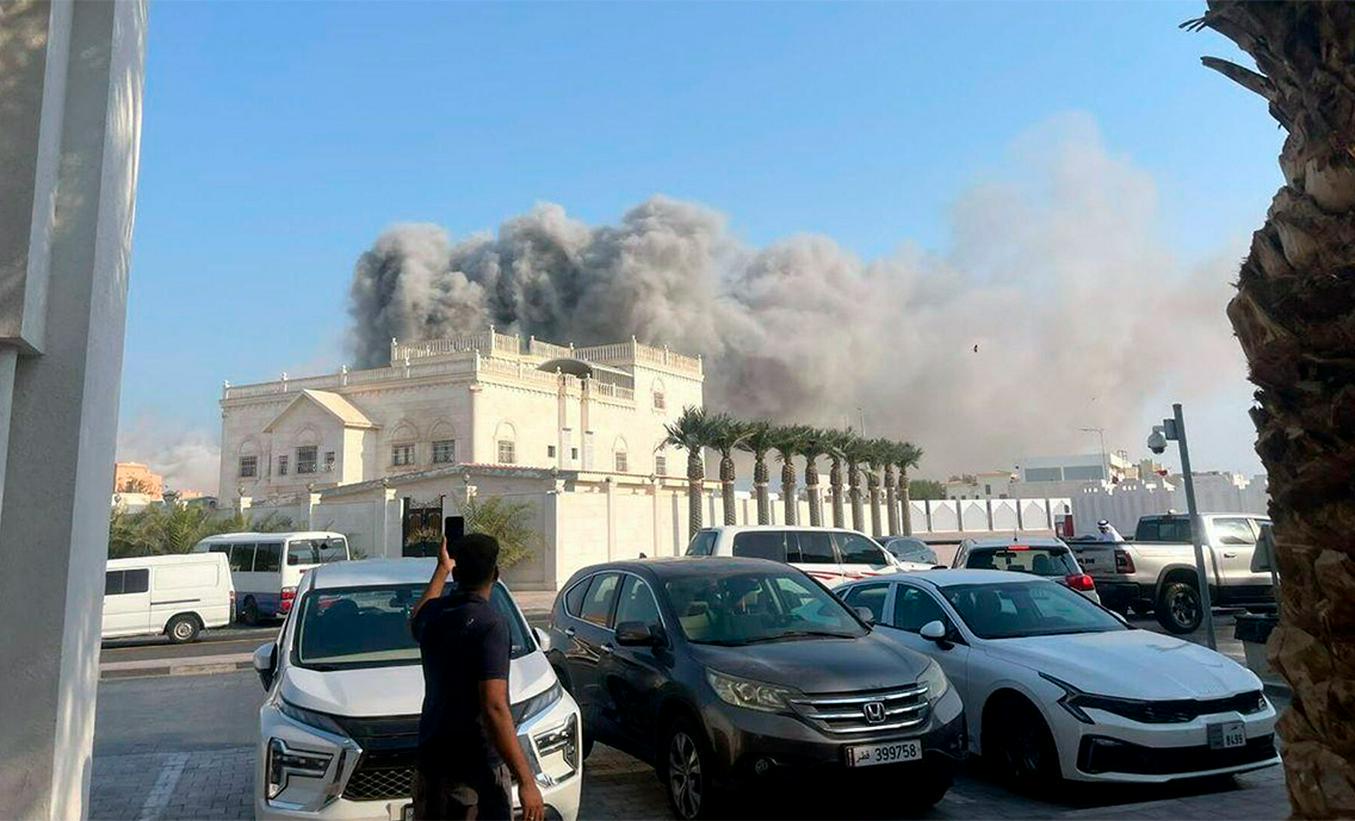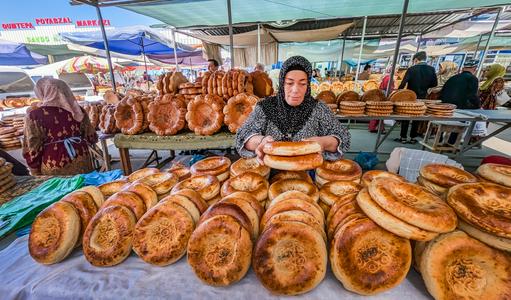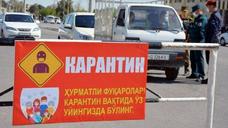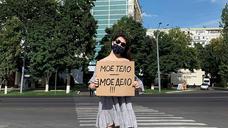The governments of Uzbekistan, Kazakhstan, and Kyrgyzstan issued statements condemning Israel’s September 9 missile strike on a residential district in Doha, the capital of Qatar.
Uzbekistan described the attack “as a violation of sovereignty, an infringement on the inviolability of borders, and a threat to the security of the State of Qatar,” according to the country’s Foreign Ministry.
“Such actions are unacceptable and represent a serious disregard for the UN Charter, as well as the fundamental norms and principles of international law. Uzbekistan consistently opposes any use of force in international relations and any steps that exacerbate the already complex situation in the Middle East,” the ministry emphasized.
Kazakhstan’s presidential press service echoed this position: “Whatever the motives behind these actions, they are unacceptable, as they clearly infringe upon Qatar’s sovereign rights and run counter to the principles of international law.”
Kyrgyzstan’s presidential office also condemned the strike, calling it a violation of international law, the UN Charter, and “the territorial integrity and sovereignty of the State of Qatar.”
On September 9, Israel launched an airstrike on Doha, where peace talks with Hamas were underway. The operation, called “Summit of Fire,” was carried out in response to a terrorist attack the previous day at an entrance to Jerusalem, in which six people were killed by two gunmen. Hamas claimed responsibility for the assault.
The Israeli Defense Forces (IDF) and the Shin Bet security service reported that the strike targeted Hamas leadership figures who had long directed the organization’s activities, including the October 7 massacre and subsequent war against Israel. The IDF stressed that precautions were taken to minimize civilian casualties, including the use of precision-guided munitions and additional intelligence gathering.
According to Al Arabiya, the strike killed Hamas Gaza leader Khalil al-Hayya, Hamas foreign bureau chief Khaled Mashal, and West Bank commander Zaher Jabarin. However, Al Hadath later cited a Hamas statement denying their deaths, saying the leaders survived but several delegation members were killed, including al-Hayya’s son Hammam. Qatar’s Interior Ministry reported that one officer from the Internal Security Forces was killed and several colleagues were injured.










